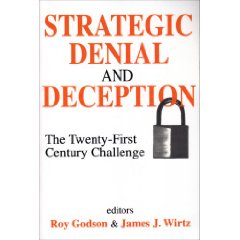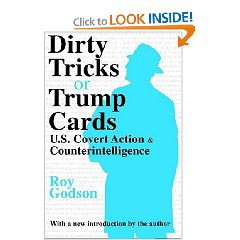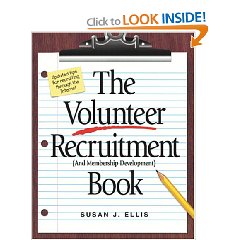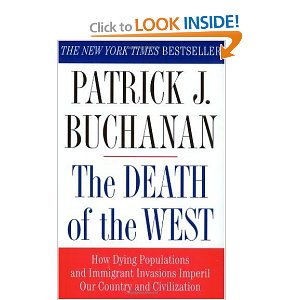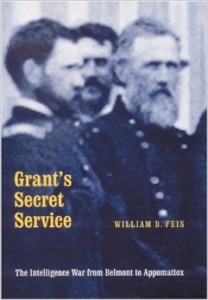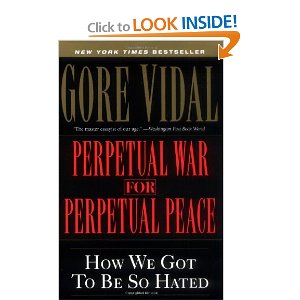While there are some similarities among a few of the contributions, on balance each one is sufficiently unique. Two key thoughts that jumped out:
1) Most of the lessons learned come from World War II. The authors were hard-pressed to find modern examples. The one used from the Gulf War (an amphibious feint) is in my recollection false–we were planning an amphibious attack, and it was only at the last minute that CINCCENT was persuaded to do a Hail Mary end run, prompted in part by some exceptional work from the Navy's intelligence center that showed the beach obstacles in great detail.
2) Two perennial lessons learned are that policy makers do not want to hear about possible hostile denial and deception–they want to stick with their own preconceptions (which of course make denial and deception easier to accomplish against us); and second, that intelligence experts tend to be under great pressure to cook the books in favor of policy preconceptions, while also being generally unwilling to believe the enemy can deceive them or accomplish slights of hand that are undetectable.
All of the chapters are good, but two struck me as especially helpful today: J. Bowyer Bell's “Conditions Making for Success and Failure of Denial and Deception: Nonstate and Illicit Actors,” and Bart Whaley & Jeffrey Busby, “Detecting Deception: Practice, Practitioners, and Theory.” The latter, building on a lifetime of study that included a review of eight strategic cultures as well as the cost of major deceptions (D-Day deceptions that fixed German forces cost less than 1% of the assets and could have saved the entire force), examined 47 seven different kind of “detectives” from scientists and bank tellers to biographers and private eyes, and creates nine categories of “detectibles”, concluding with the Law of Multiple Sensors, something that most stove-piped intelligence communities simply will not grasp for at least another decade.
This is both a serious work of scholarship, and a very valuable policy reader.


